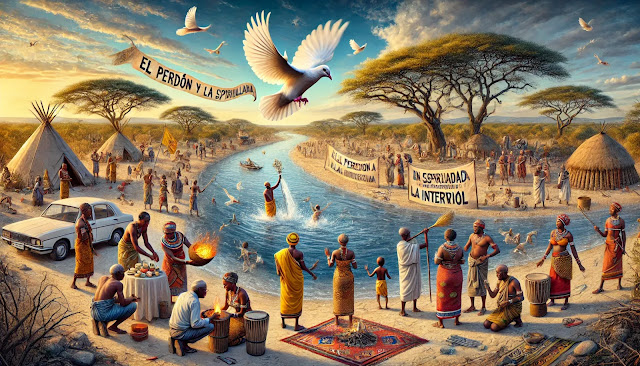6️⃣ Are You the One Building Walls?

💡 Sometimes, loneliness doesn’t come from the outside. It can begin within. It’s not always a loss, a change, or an absence that distances us from others: there are attitudes, fears, or personal traits that build invisible walls and make emotional closeness difficult. 🔹 What kind of internal traits can drive others away? 🔸 Excessive mistrust: When you always expect the worst from people, you end up isolating yourself out of fear of being hurt. ✨ “He who fears suffering is already suffering the fear.” 🔸 Perfectionism or being overly demanding: Expecting perfect relationships may lead you to reject valuable connections just because they aren’t flawless. ✨ “Perfect is the enemy of good.” 🔸 Emotional coldness or difficulty expressing affection: If we don’t show love, empathy, or gratitude, bonds cool down or vanish. ✨ “A dry finger gathers no salt.” 🔸 Defensive or aggressive attitudes: Those who respond with harshness, sarcasm, or superiority often create rejection wit...
















